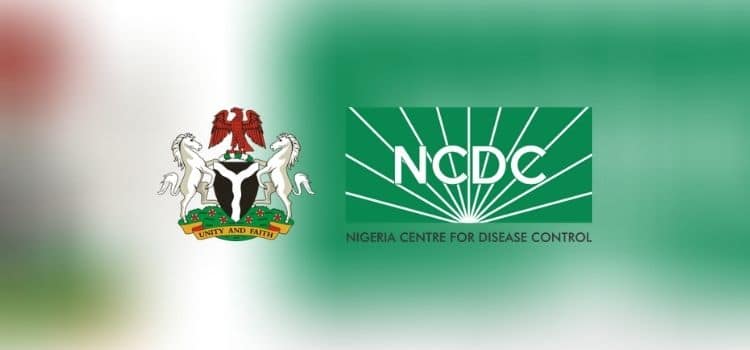By Muhammad Amaan
The Nigeria Centre for Disease Control (NCDC) said that cumulatively, Lassa fever had claimed 190 lives in 2024, out of the 9,492 suspected cases, of which 1,154 cases were confirmed within the 12 months cycle of 2024.
NCDC Director General, Dr Jide Idris, told journalists at a press conference, in Abuja, that recent report indicated that there has been an alarming increase in Lassa fever cases and deaths in the last four weeks, signalling the outbreak’s severity.
He confirmed that in the outgoing year, 2024, six states made up 89 per cent of the confirmed cases, namely: Ondo (29.7%), Edo (22.7%), Bauchi (17.9%), Taraba (8.8%), Benue (5.6%), and Ebonyi (4%); while 10 LGAs, namely, Owo, Etsako West, Esan West, Kirfi, Ardo-Kola, Toro, Ose, Akure South, Jalingo and Idah, accounted for almost 59 per cent of the confirmed cases.
He said: “We have noted a rise in the number of suspected cases compared to a similar timeline in 2023. This, however, could be attributed to the increased/enhanced surveillance. Most cases continue to emerge from endemic areas like Bauchi, Ondo, Edo, Taraba, Ebonyi, and Enugu, underscoring the need for targeted interventions in these states.
“These trends, therefore, demand a coordinated effort to strengthen our response and protect our vulnerable populations, and our goal is to reduce the number of cases and, most importantly, deaths.
“In addressing this situation, it is important to highlight the proactive measures taken by the NCDC so far which demonstrate our commitment to preparedness, coordination, and response at all levels. We conducted a dynamic risk assessment to determine the appropriate emergency activation level.
“The risk has been categorized as High and Response Level 2 advised, and efforts to be tailored specifically to the states currently experiencing increased case burden.”
He added that the Emergency Operations Centre (EOC) was activated last week to provide seamless coordination of Lassa fever control and management activities using a one health approach.
“In preparation for this outbreak season, critical medical supplies, Infection Prevention and Control (IPC) materials, and laboratory diagnostic tools and materials have been distributed to various states nationwide.
“In addition to that, lassa fever testing laboratories have also been expanded from about 9 to 13, and more would still be upgraded. Also, shared mitigation activities outlined in the Lassa fever preparedness plan, including advisories with all 36 states and the FCT, focusing on the hotspot states (Edo, Ebonyi, Bauchi, Ondo and Benue).”
He added that regular Lassa Fever trainings, including webinar series, have been organized for health workers, and beyond these efforts, the NCDC will continue to collaborate with the States’ Health Commissioners to enhance outbreak response.
He, however, advised health workers to always practice standard infection prevention and control practices, i.e., using gloves and other appropriate personal protective equipment while handling patients or providing care for an ill patient.
He also asked the healthcare workers to maintain a high index of suspicion for Lassa fever by being vigilant and consider a diagnosis of Lassa fever when seeing patients presenting with febrile illness.
He encouraged them to report all suspected cases of Lassa fever to their local government disease surveillance and notification officers to ensure prompt diagnosis, referral, and early commencement of public health actions.




